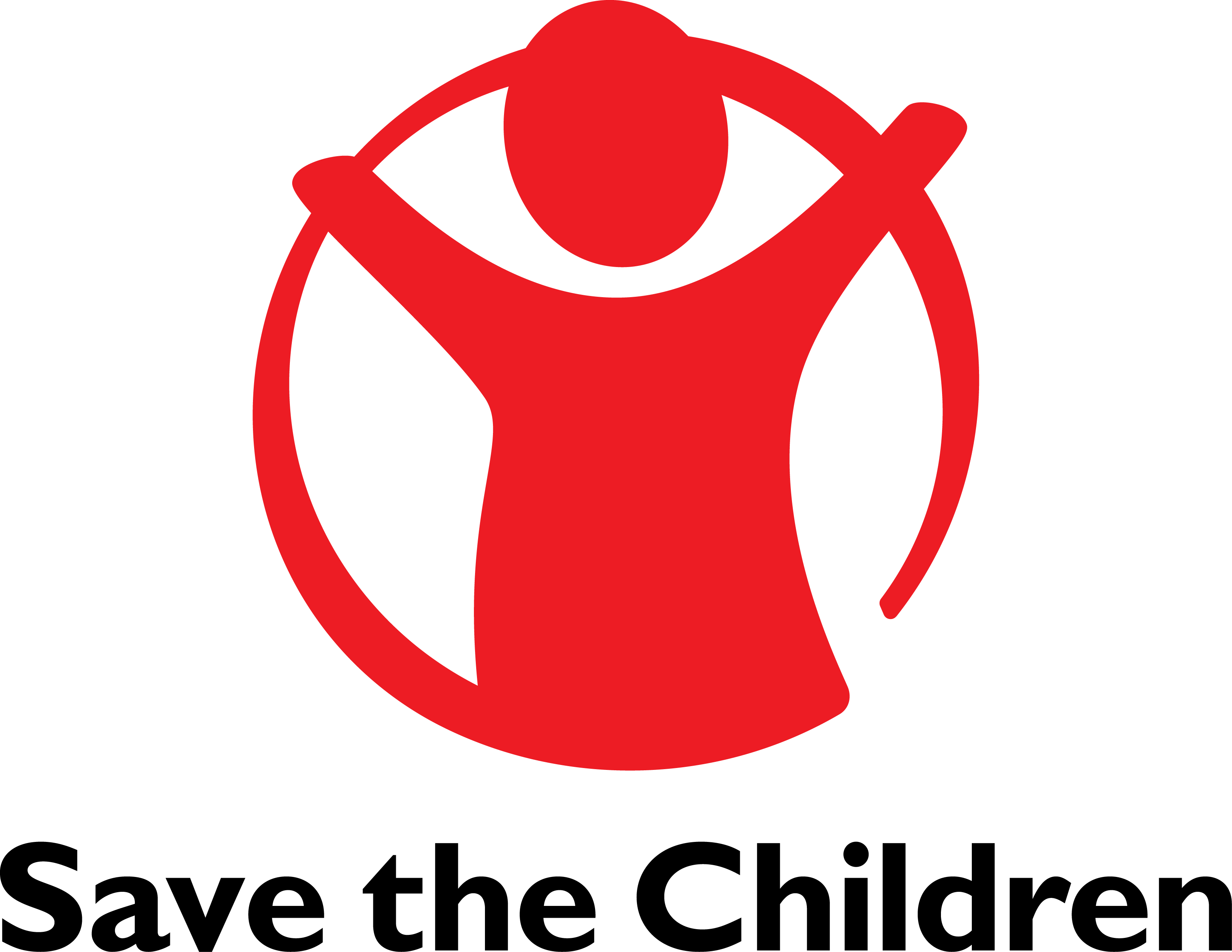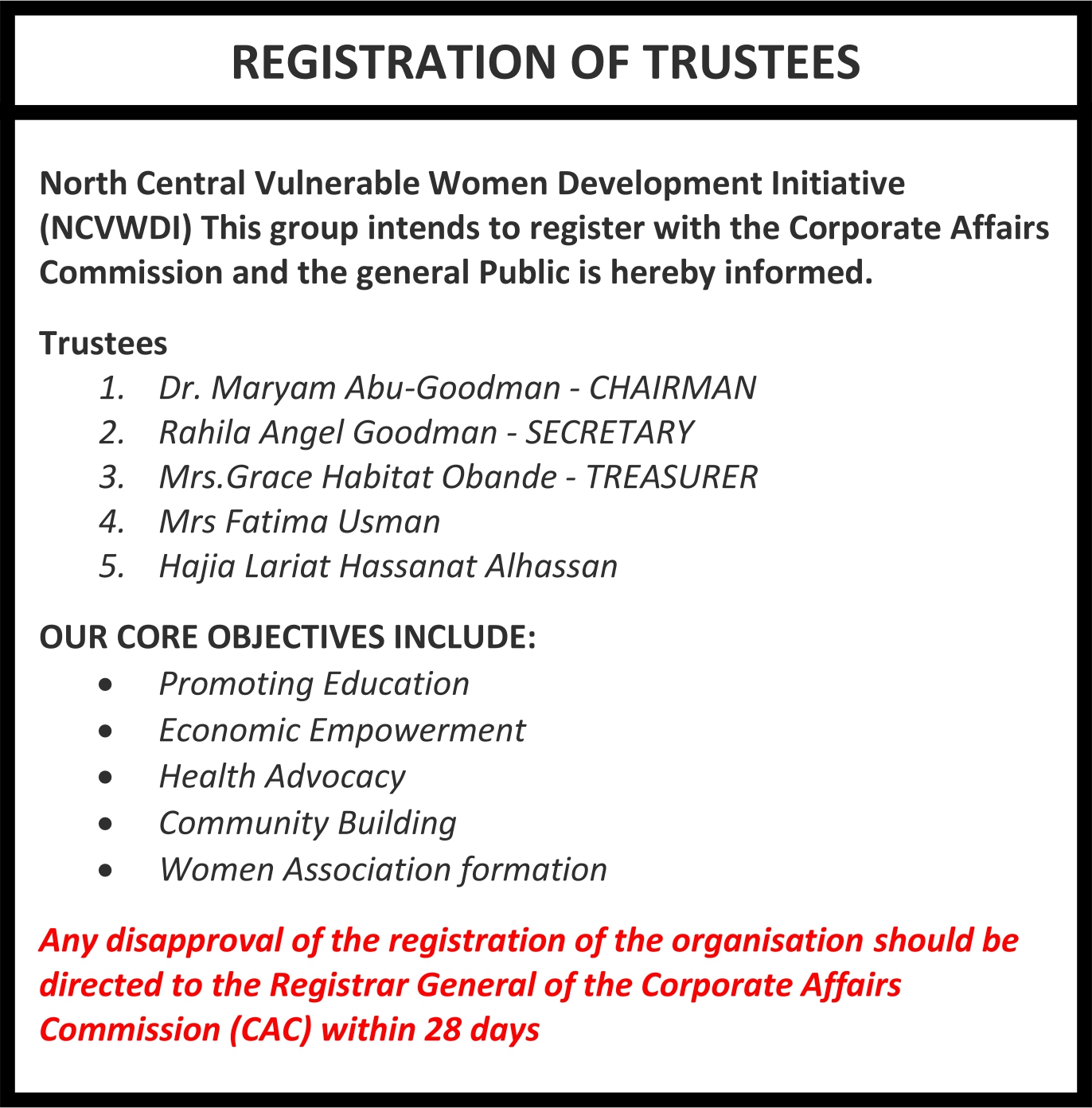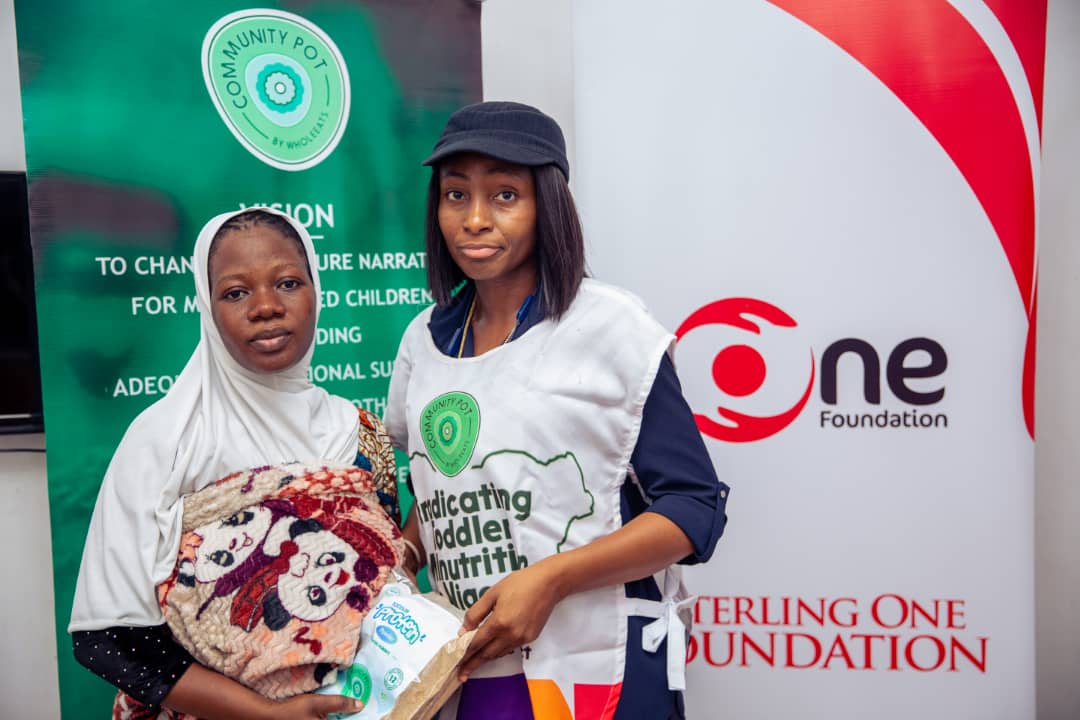News
1 million more Nigerian children at risk of acute malnutrition, hunger, insecurity – Save the Children

As Nigeria’s hunger crisis deepens, Save the Children has issued a dire warning, stating that if urgent action isn’t taken to address food shortages, extreme flooding, and worsening insecurity, an additional one million children could face acute malnutrition by April 2025.

In a report released on Tuesday, the organization revealed that new analysis from Cadre Harmonisé, the leading regional authority on hunger in the Sahel and West Africa, indicates that the number of Nigerian children at risk of acute malnutrition has surged to 5.4 million—a 25% increase from 4.4 million in April 2024. Among them, around 1.8 million could suffer from Severe Acute Malnutrition (SAM), the deadliest form, which dangerously weakens immune systems and makes otherwise manageable illnesses, like diarrhea, potentially fatal. This marks a staggering 80% increase in SAM cases in a single year.

The warning draws on both personal stories and data. Aisha, a 27-year-old mother of six, shared her ordeal at a Save the Children clinic in Damaturu: “Hunger has entered my daughter’s body, and she has emaciated terribly because I am unable to breastfeed her. I don’t produce breast milk. It has affected her growth compared to other children; she was stooling profusely. We are grateful to Save the Children for the support at the center.”
According to the organization, during the lean season this year (2024), approximately 31.8 million Nigerians faced crisis-level acute food insecurity. By 2025, that number could rise to 33 million, including over 16 million children, as the ongoing conflict in northern Nigeria continues to displace families and disrupt livelihoods. Hunger levels in Nigeria have more than doubled since 2020, with nearly 15% of the population now facing food insecurity.
Nigeria’s climate vulnerabilities compound the crisis. Expanding desertification is stripping communities of farmland, and this year, the country saw its worst floods in three decades, leaving 300 dead and displacing over a million people, Save the Children stated.
Hajara, a 15-year-old child campaigner from Katsina, highlighted the cascading impact of these issues. According to her, “I am so worried about how food insecurity is hitting children in our community. With banditry everywhere, farmers cannot go to farms so food is getting harder to find. Lots of children go to bed hungry, and malnutrition is going up, leaving us tired and unable to concentrate in school. We need our leaders to step up, bring security back, and help us get the support we need so every child here can grow up safe, well-fed, and healthy.”
Duncan Harvey, Save the Children’s Country Director for Nigeria, called the situation “unprecedented,” with escalating climate disasters, insecurity, and inflation putting millions of children at risk.
“Urgent action is essential to combat this devastating and unacceptable trend of child hunger and malnutrition and ensure a brighter future for Nigeria’s children,” he said.
Save the Children further urged the Nigerian government to take swift measures to address food shortages, stabilize prices, and increase security for farmers.
The organization also advocated for policies that strengthen climate resilience, such as early warning systems and community-based disaster preparedness.


























